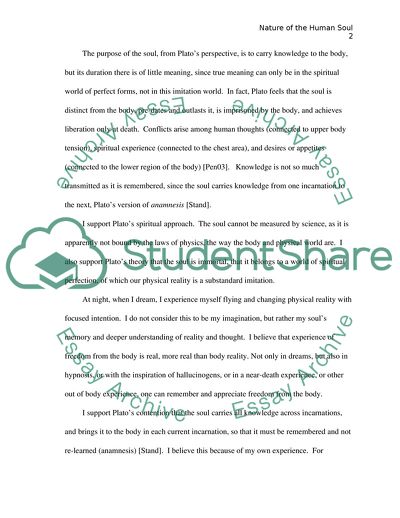Cite this document
(Nature of the Human Soul Term Paper Example | Topics and Well Written Essays - 2250 words - 1, n.d.)
Nature of the Human Soul Term Paper Example | Topics and Well Written Essays - 2250 words - 1. https://studentshare.org/philosophy/1782553-the-nature-of-the-human-soul
Nature of the Human Soul Term Paper Example | Topics and Well Written Essays - 2250 words - 1. https://studentshare.org/philosophy/1782553-the-nature-of-the-human-soul
(Nature of the Human Soul Term Paper Example | Topics and Well Written Essays - 2250 Words - 1)
Nature of the Human Soul Term Paper Example | Topics and Well Written Essays - 2250 Words - 1. https://studentshare.org/philosophy/1782553-the-nature-of-the-human-soul.
Nature of the Human Soul Term Paper Example | Topics and Well Written Essays - 2250 Words - 1. https://studentshare.org/philosophy/1782553-the-nature-of-the-human-soul.
“Nature of the Human Soul Term Paper Example | Topics and Well Written Essays - 2250 Words - 1”. https://studentshare.org/philosophy/1782553-the-nature-of-the-human-soul.


